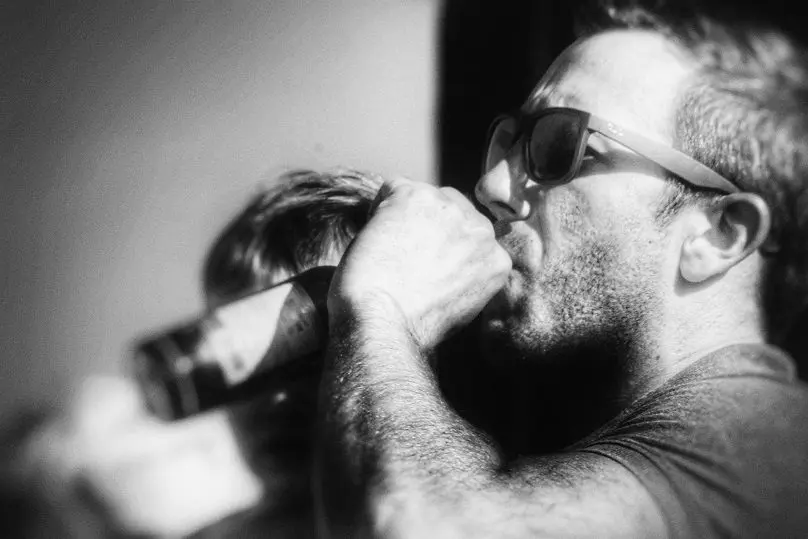Alcohol abuse often pushes people to delinquency. According to official statistics, one third of crimes are committed by persons under the influence of alcohol. In Soviet times, alcohol intoxication was recognized as a circumstance aggravating the guilt of the defendant. Russian laws leave this matter to the discretion of the judge. However, there are countries where the loss of control over oneself as a result of intoxication mitigates the guilt of a person who has broken the law.
Alcohol and crime
The criminal legislation of most states contains rules that affect the impact of alcohol intoxication on the degree of guilt. In the CIS countries, most often the Criminal Code includes general formulations that do not provide for exemption from liability for crimes committed under the influence of alcohol.
The toughest attitude towards drunkards is in the Middle East. For example, in Iran and Saudi Arabia, drinking alcohol is a violation of Sharia law, subject to severe punishment, and compliance with the ban is controlled by the vice police.
Drunken criminals are strictly treated in Denmark. Appearing drunk in public places threatens the violator with a large fine and even imprisonment if the police determine that the behavior of a citizen is dangerous for others or can damage the property of others. Drunk driving can lead to the loss of the car – on the third violation, the car will simply be confiscated.
The opposite situation is observed in Spain. In 2001, the country’s criminal legislation was amended, according to which alcohol or drug intoxication is recognized as an extenuating circumstance. In this regard, the Spanish judges issued many verdicts that have become an example of absurd legal practice. For example, a resident of Seville was acquitted, who, after several bottles of beer, attacked a visitor to one of the city bars and bit off part of his ear. The verdict stated that alcohol provoked an attack of diabetes mellitus in the defendant, and the crime was committed in a state of temporary clouding of consciousness, therefore, it was not subject to punishment.
A relatively mild Spanish court reacted to a drunken Cuban who made a brawl on board a plane flying from Bogotá to Madrid. The troublemaker threatened the crew with a knife and demanded to change course. The pilots had to urgently land the liner at a military airfield, and the country’s Air Force raised two fighters to intercept. The brawler was charged only with violating public peace instead of attempting an armed seizure of the aircraft.
Iceland strictly regulates the turnover of alcoholic products, and you can only drink strong drinks in this country from the age of 20. The state has a monopoly not only on the sale, but also on the production of alcohol. Strict restrictions do not apply to legislation.

The Icelandic Penal Code exempts persons who have lost their sanity as a result of alcohol abuse from liability for crimes. The norm is applied in cases where the perpetrator did not plan and did not even assume that strong drinks would push him to the offense.
Where drunkenness mitigates guilt
In countries where English common law applies, alcohol intoxication can cause a crime to be reclassified to a lesser offense if it can be proven that the person had no intent to commit the offense. Such a rule, for example, is contained in the legislation of the State of New York.
A famous case occurred in the UK, when a certain Davis was found not guilty by the jury, who opened fire in a public place. Inadequate state of the defendant caused an attack of delirium tremens. Based on this precedent, Gallagher was acquitted, who, after a bottle of whiskey, decided to kill his wife and shot her with a gun. The court found that the defendant suffered from a mental disorder and alcohol in this case caused an aggravation of the disease, which led to a loss of self-control.
As a rule, non-voluntary intoxication in the legislation of many states removes or mitigates liability for offenses. If it is proved that a person took alcohol as a result of deception or coercion, then in Italy, Yemen, Australia, India and Romania he will be fully justified.









